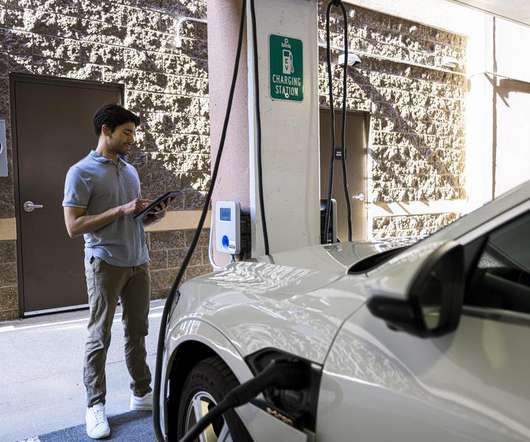UC Riverside study finds emissions benefits for E15 blend in California
Green Car Congress
JUNE 12, 2023
A study by a team from UC Riverside has assessed the potential of increasing ethanol content in California reformulated gasoline (CaRFG) by investigating the exhaust emissions from a fleet of 20 Tier 3 light-duty vehicles. Formaldehyde emissions did not show a statistically significant effect.






























Let's personalize your content